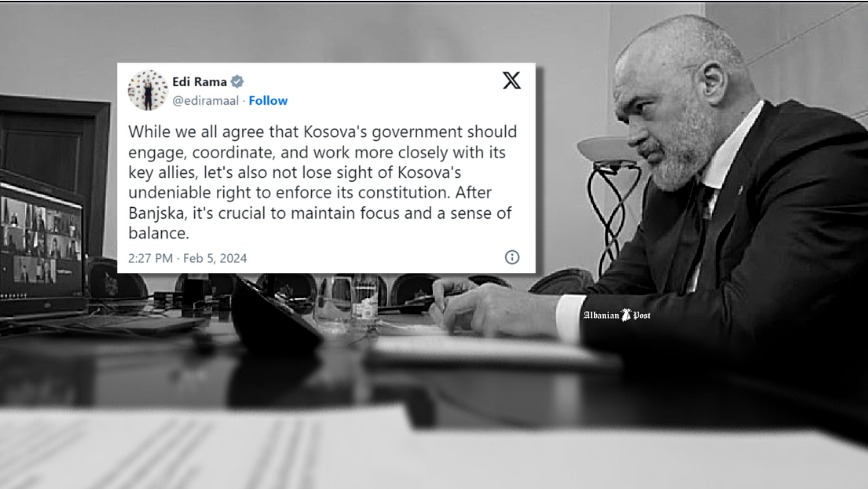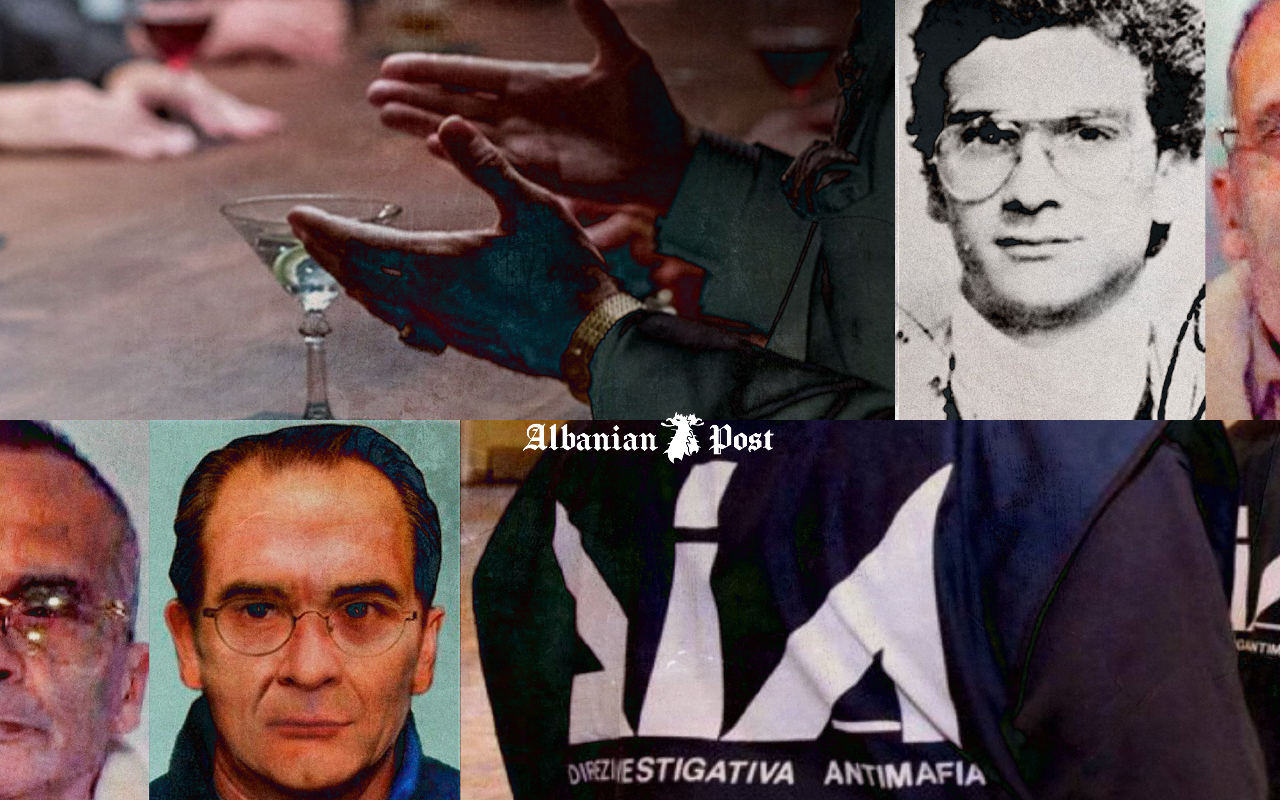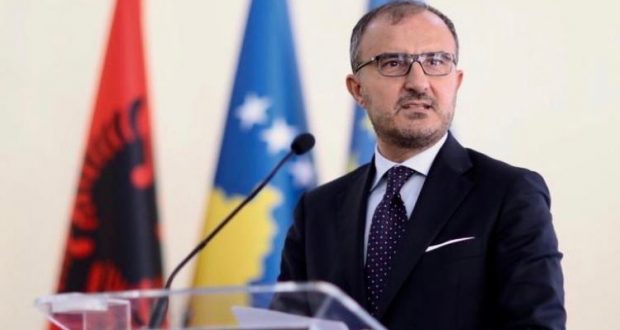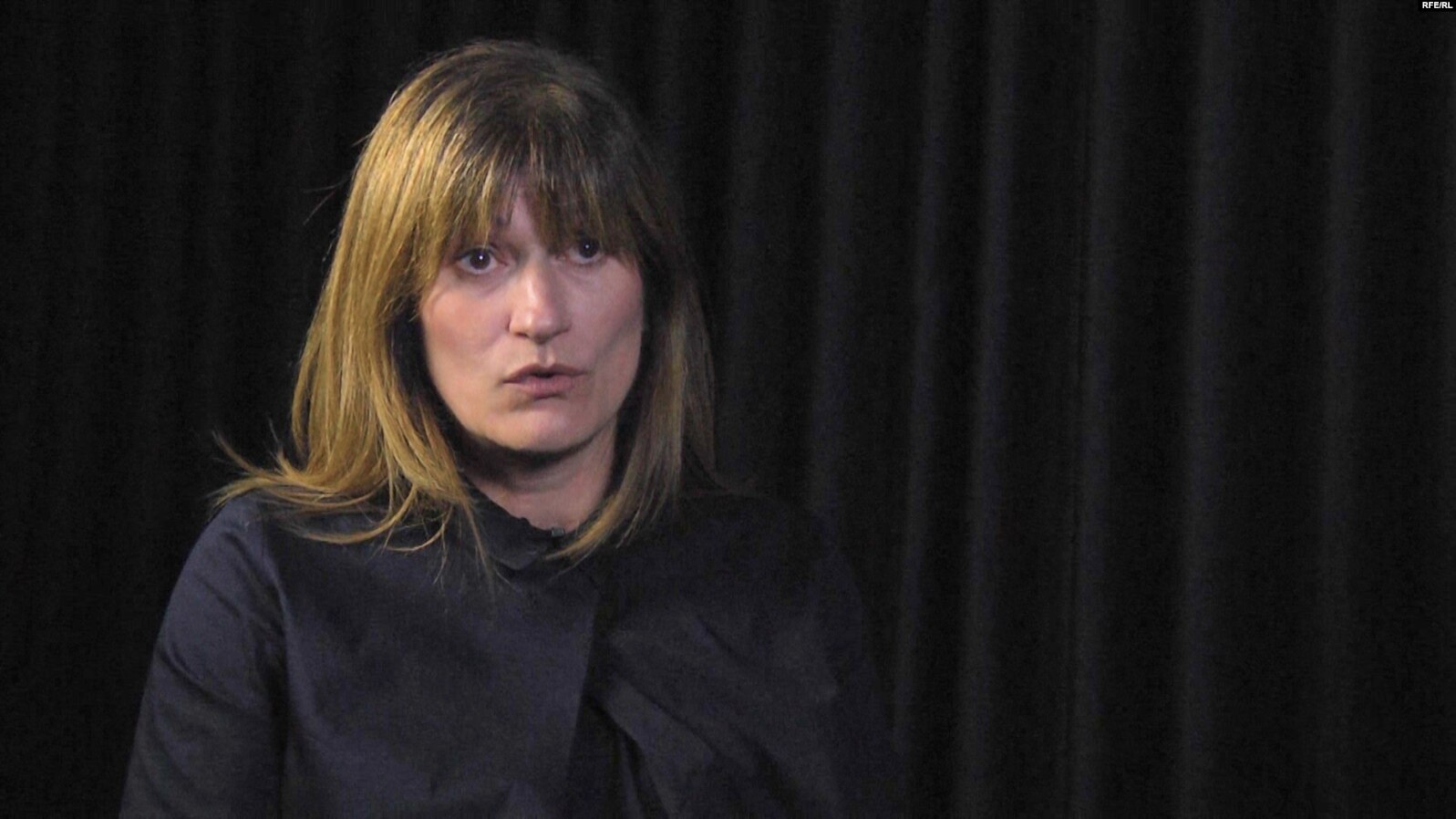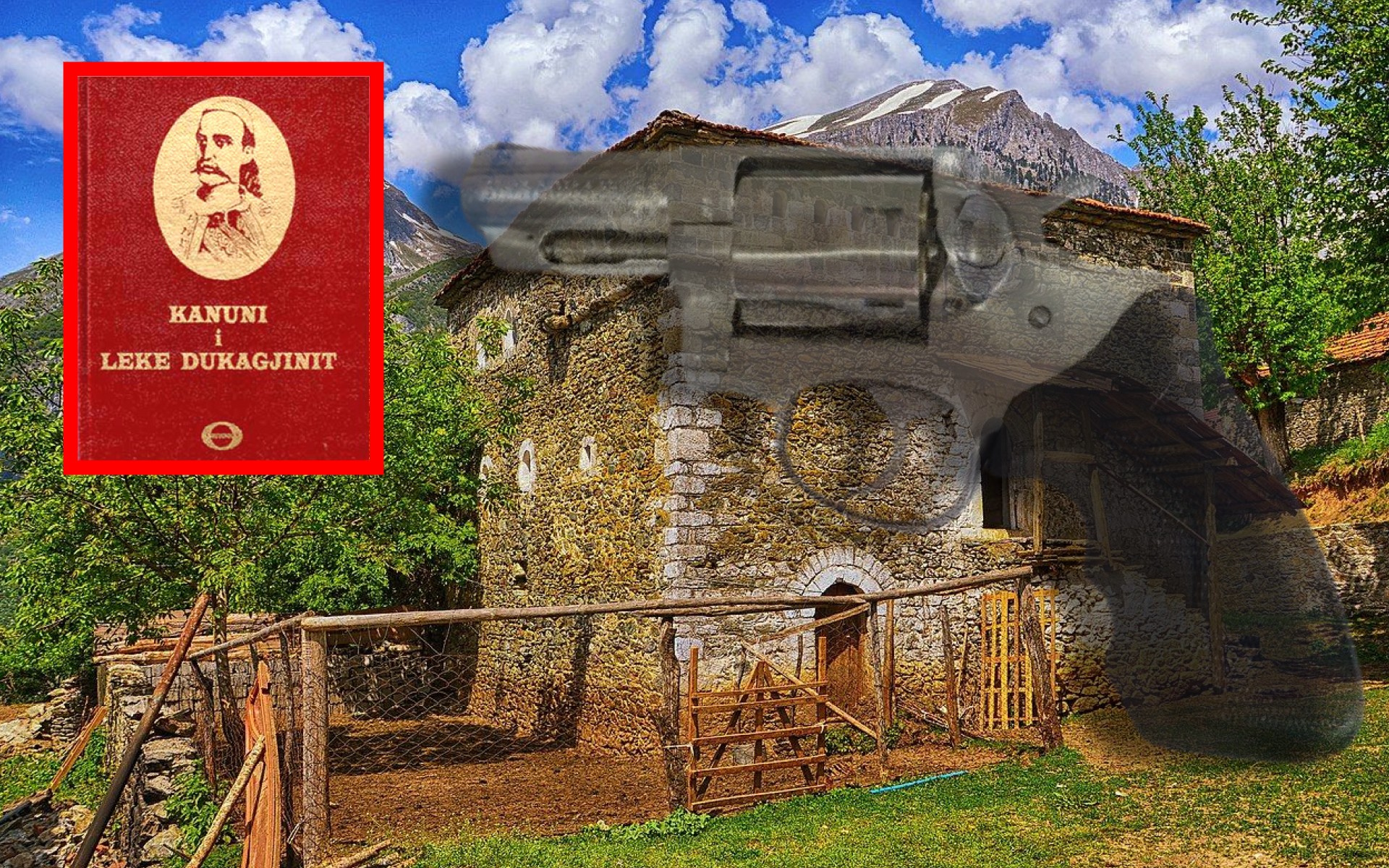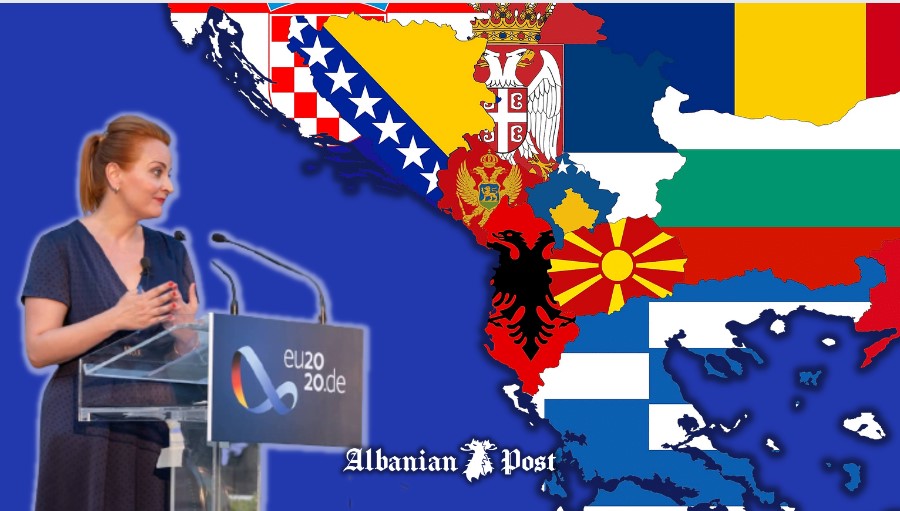“Decision on Dinar – unfortunate and unnecessarily provocative”, interview of Albanian Post with Jonathan Moore

The new regulation of the Central Bank of Kosovo, which banned the use of the Serbian state currency, the Dinar, for sales and financial transactions on the territory of Kosovo, according to former senior US State Department official Jonathan Moore, was unfortunate, uncoordinated, and unnecessarily provocative.
The international community criticized the Government of Kosovo, not for the legitimacy of the CBK regulation, but for the fact that the decision was taken unilaterally, without prior consultations and without an adequate transition phase.
Based on the fact that Kosovo aspires membership in the European Union and NATO, such a thing cannot be achieved without adequate cooperation with the international community, says the former U.S. ambassador to the Organization for security and cooperation in Europe (OSCE) Mission in Bosnia and Herzegovina.
Therefore, for the career diplomat, Kosovo at this stage needs a statesman like the former President of Kosovo, Ibrahim Rugova, when it comes to relations with the West.
“Look at process Sweden and Finland just went through to join NATO — and both of those countries are well-established, sovereign democracies. There are members of both the EU and NATO that do not recognize Kosovo. For that matter, Kosovo is no closer to being a member of the United Nations. When I first started working with Kosovo over 30 years ago, it was the statesmanship of Ibrahim Rugova who brought the world’s attention to Kosovo. In 2024, Kosovo needs statesmanship — not spite”, he points out in an interview for the Albanian Post.
Asked what impact the European Union and U.S. elections will have on the progress of the dialogue process, the former chargé d’Affaires at the U.S. Embassy to Belarus and as Deputy Chief of Mission at U.S. embassies in Namibia, Belarus, and Bosnia and Herzegovina stressed that no one in Kosovo should expect the world to solve their problems.
As in his assessment, what Kosovo needs to do is to take positive steps and show the ability to manage policies in such a way as to gain positive support in return.
Albanian Post: The Central Bank of Kosovo recently issued a new regulation, where, among many other regulations, it banned the use of the Serbian state currency, the dinar, in Kosovo. Serbia said that the decision is against the Serbs in order to persecute them, while the Government of Kosovo argued the opposite, saying that the CBK is implementing a provision of the Constitution, how do you see this whole situation?
Jonathan Moore: Thank you for the opportunity to respond to your questions. I’m very pleased to offer thoughts from my personal perspective. The decision with regard to the Serbian dinar was unfortunate, uncoordinated, and unnecessarily provocative. Kosovo should be looking for solutions and positive initiatives, and should discuss those ideas with the partners whose support Kosovo needs.
Albanian Post: The international community criticized the Government of Kosovo, not for the legitimacy of the CBK regulation, but for the fact that the decision was taken unilaterally, without prior consultation and without an adequate transition phase. Why do you think the international community reacted so loudly?
Jonathan Moore: Kosovo has many priorities. It aspires to membership in the European Union and NATO. Look at process Sweden and Finland just went through to join NATO — and both of those countries are well-established, sovereign democracies. There are members of both the EU and NATO that do not recognize Kosovo. For that matter, Kosovo is no closer to being a member of the United Nations.
When I first started working with Kosovo over 30 years ago, it was the statesmanship of Ibrahim Rugova who brought the world’s attention to Kosovo. In 2024, Kosovo needs statesmanship — not spite.
Albanian Post: The banning of the dinar worsened the bilateral relations between Kosovo and the United States of America, proof of this was the last interview of James O’Brien, who directly criticized Kosovo for the last decision, how it should act Kosovo according to you?
Jonathan Moore: Assistant Secretary of State Jim O’Brien and Ambassador Jeff Hovenier have been very clear. Public officials in Kosovo should respect their messages and respond usefully.
Albanian Post: There are many voices that argue that the Government of Kosovo, with decisions like that of Dinar, is trying to gain time and prolong as much as possible the implementation of the Association of Serb Majority Municipalities, in your opinion, could this be a political strategy and does Kosovo benefit from this?
Jonathan Moore: I may be missing something, but from a distance, I see no evidence of a positive political strategy on the part of the current government. The Association has always been intended only to reflect the capacities that all municipalities have in Kosovo, while allowing municipalities with Serb-majority populations to work together.
A true political strategy would show Kosovo’s respect for democratic practices and social institutions, open the door to the Association, impress its international partners, implement swiftly court decisions like that regarding Deçan/Dečani, and encourage economic growth through clear support for Kosovo’s impressive entrepreneurs.
In comparison, in many ways, Albania offers a different and far more effective model.
Albanian Post: The Envoy of the United Kingdom for the Western Balkans, Stuart Peach, said that the dialogue between Kosovo and Serbia, which is mediated by the European Union, should be developed on the example of the Good Friday Agreement (Belfast Agreement), which gave the end of the conflict between the opposing parties in Northern Ireland, 25 years ago. In your opinion, can some kind of Agreement like that of Good Friday normalize the relations between Kosovo and Serbia?
Jonathan Moore: I am not deeply familiar with the Good Friday Agreement, and also would not presume to adjust the current dialogue. Elements that allow for the rights and freedoms of distinct ethnic and/or religious communities certainly have merit. It is important that like the United States and the EU, the UK is also committed to supporting the dialogue.
Albanian Post: The year 2024 is an election year in many countries around the world, including in the European Union and the United States of America, how can the elections affect the progress of the dialogue process?
Jonathan Moore: When I was in the region recently, I was asked this question many times with regard to my own country. First, regardless of whoever wins in the United States in November, we can be certain to hear from many commentators in the Balkans and so-called experts elsewhere that the United States has “forgotten” or neglected the Balkans both during and after the elections. We have many domestic political imperatives while also dealing with current active conflicts in Europe, the Middle East, and Africa. Those conflicts and other international issues will continue to compete for the attention of policymakers.
This will make what I said earlier all the more true: positive, statesmanlike steps in Kosovo will receive positive support in return. No one in Kosovo should be waiting the the world to solve their problems.
Albanian Post: Five months have passed since the terrorist attack of September 24, when a terrorist group illegally entered Kosovo and attacked the Kosovo Police, killing one of its members. Kosovo blamed Serbia for the attack, pointing out that official Belgrade tried to “annex the entire North of Kosovo”, but Belgrade said it had no hand in it. How have you seen this whole situation, can the same situation be repeated in the near future?
Jonathan Moore: I have not visited the North in some years, and beyond media reports I have no access to governmental information or analysis about the specifics. My primary impression is that whatever the intention may have been, it certainly was a failure and a crime. Although I have visited communities, churches, and monasteries, I can only imagine the stress felt in Banjska as the incident unfolded.
Albanian Post: The North of Kosovo continues to be a source of problems, ambiguity and dictation not only of political agendas, but also of daily social discourse. When and how does this issue end as a problem and why is it so difficult to find a solution for the North of Kosovo?
Jonathan Moore: Allow me your best philosophical for a moment. I don’t know if at any point in history a political solution to a crisis or conflict has been either universally appreciated or permanent. Statesmanship, support, and vision when expressed toward everyone in the North — and across all of Kosovo — combined with close partnership with neighbors and the international community will of course make things far better.
Last from the rubric
-

“Decision on Dinar – unfortunate and unnecessarily provocative”, interview of Albanian Post with Jonathan Moore
-

Albin Kurti’s eight fundamental problems
-

“History will record that the KLA and the United States were partners in preventing a genocide,” exclusive interview with James Rubin
-
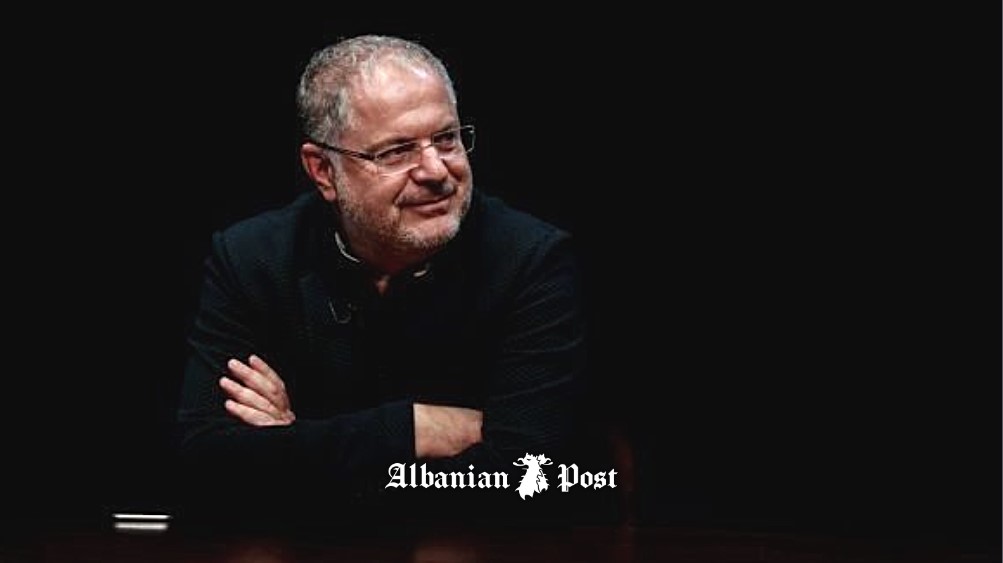
Short public letter to fellow journalists and civil society activists in Serbia, who are critical of Aleksandër Vucic as I am of Albin Kurti in Kosovo
